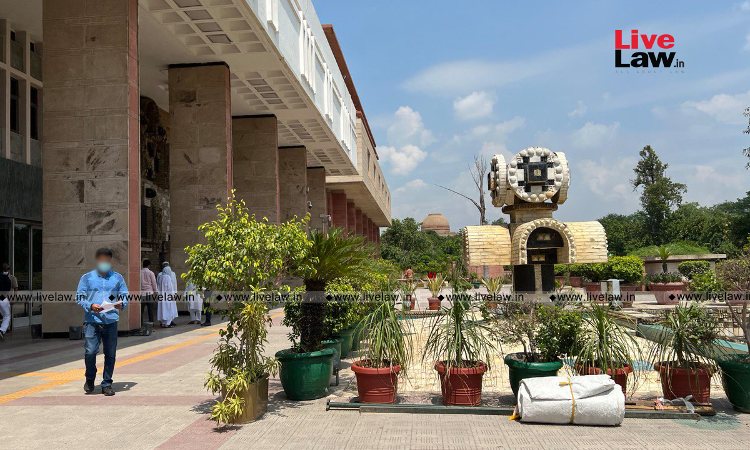Arbitration Clause Continues To Operate Even After Dissolution Of Partnership: Delhi High Court
Parina Katyal
26 Jan 2023 12:23 PM IST

Next Story
26 Jan 2023 12:23 PM IST
The Delhi High Court has ruled that an arbitration clause contained in a contract executed with a partnership firm, will continue in effect even after the death of a partner causes the dissolution of the partnership. The bench of Justice Chandra Dhari Singh held that the Court has the power to conduct a procedural review of its order passed under Section 11 of the...
